“If the situation in the northeast is not handled correctly, it could be a very bad omen for the whole of Syria,” Pedersen said to Reuters by phone on Monday.
“If we fail here, it would have dramatic consequences when it comes to new displacement,” he added.
Since former president Bashar al-Assad was ousted on December 8, hostilities have escalated between Turkish-supported militants and the so-called Syrian Democratic Forces (SDF), who are backed by the US, in the northeast of Syria, according to Press TV.
Ankara-backed armed groups took control of the SDF-held city of Manbij on December 9 and could be preparing for an attack on the key city of Ayn al-Arab (or Kobani) on the northern border with Turkey.
The Kurdish YPG-led SDF has proposed to withdraw its forces from the area in exchange for a complete truce. But Turkey’s Foreign Minister Hakan Fidan, speaking alongside Syria’s de facto new leader Abu Mohammad al-Julani on Sunday in Damascus, said the YPG should disband totally.
Ankara views the YPG as a terrorist organization tied to the homegrown Kurdistan Workers’ Party (PKK), which has been seeking an autonomous Kurdish region in Turkey since 1984.
Pedersen said a political solution “would require serious, serious compromises” and should be part of the “transitional phase” led by Hayat Tahrir al-Sham administration.
Amid Kurdish groups’ fears of being targeted by Syria’s new administration, Pedersen said Julani had told him in meetings in Damascus last week that they were committed to “transitional arrangements that will be inclusive of all”.
Armed groups, led by the HTS militants, announced on December 8 that they had fully captured the Syrian capital and confirmed reports of the fall of the Assad government.
MNA





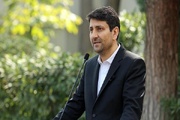
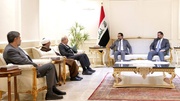

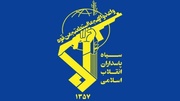
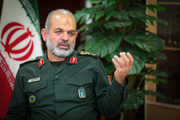

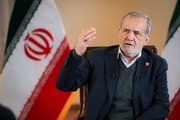

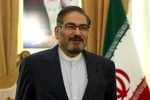
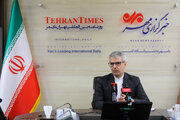




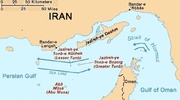



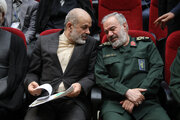



Your Comment